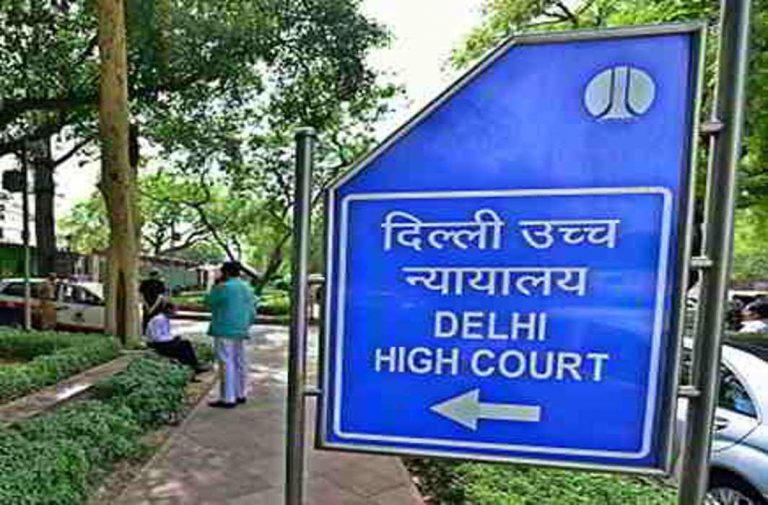
The High Court of Delhi has refused to entertain a Public Interest Litigation filed by Suraz India Trust, an NGO, through its Chairman Rajiv Daiya. Court said the Supreme Court had earlier issued orders against Rajiv Daiya and had directed the Registry not to accept any application filed by them.
The Delhi High Court bench comprising the Chief Justice and Justice C. Hari Shankar in its judgment stated, “It is not possible or proper for us to provide an audience to the petitioner, once the Supreme Court has gone to the extent of directing the Registry not to entertain any petition either by the petitioner or by Mr. Daiya.” The Delhi High Court went on to add, “Article 144 of the Constitution of India requires all authorities, civil and judicial, in the territory of India to act in aid of the Supreme Court.”
The petitioner was restrained in 2017 by a three-judge bench of the Supreme Court being led by the then Chief Justice of India J. S. Khehar from filing any case in any court, noting that he had filed “64 different proceedings before the Supreme Court, without being successful in any matter” and had also imposed cost of Rs. 25,00,000/- for wasting judicial time. Daiya, in that petition, had levelled serious allegations of judicial dishonesty against the Supreme Court. Court had also taken note of another pending petition containing allegations against several judges of the Rajasthan High Court.
The petition that had come up before the Delhi High Court prayed to the court that the right of the people of India, who seek legal recourse on being injured or victimized as a result of breach of laws, the right of the complainant in the case of injuries be protected and Sections 47, 128, 195, 340, 301(1) and 301(2) of the Criminal Procedure Code be struck down as constitutionally invalid.
— India Legal Bureau

